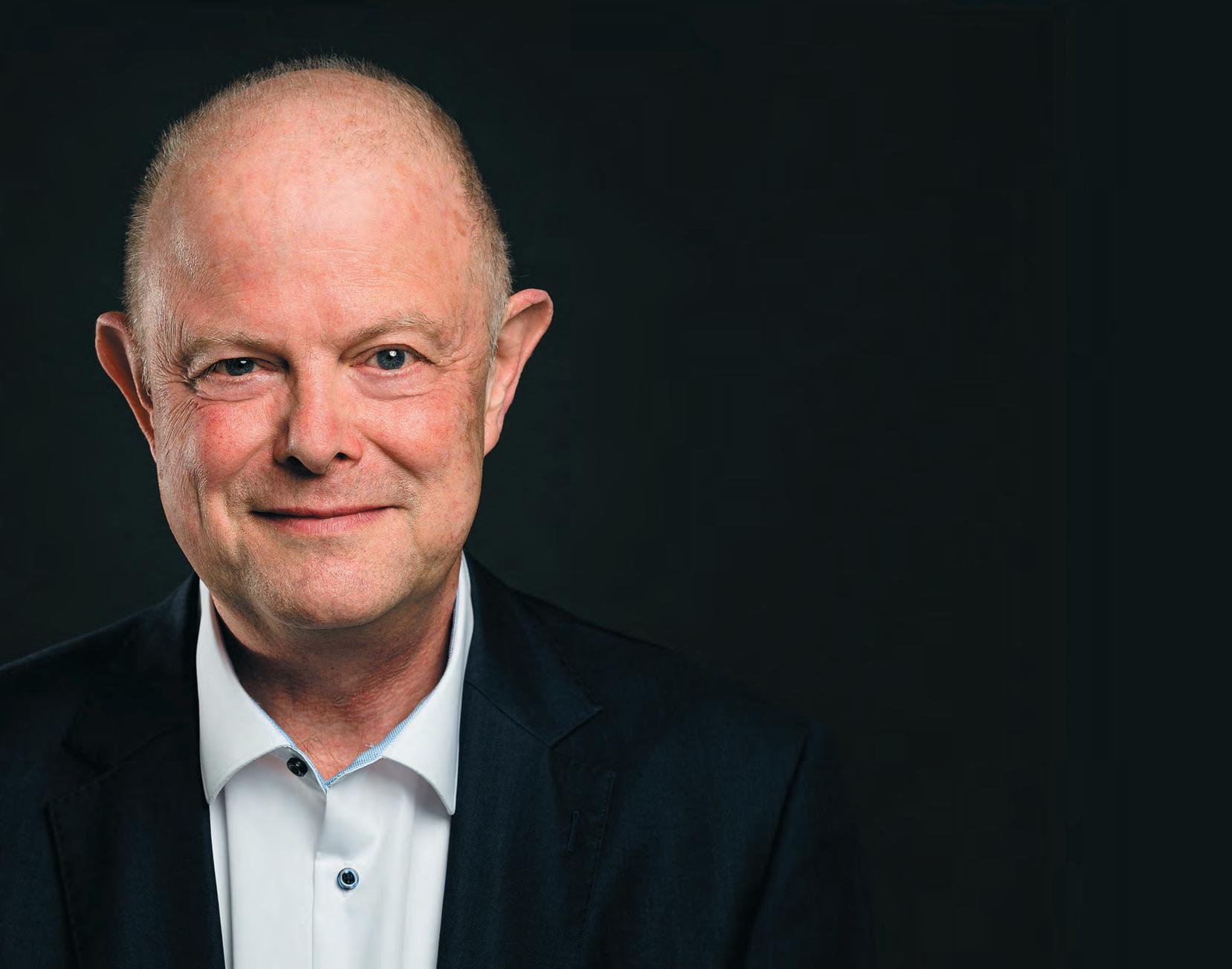
1 minute read
Accreditation: of international importance
Just like other European accreditation bodies, the RvA is affiliated with the European co-operation for Accreditation (EA). The task of this umbrella institution is to encourage harmonisation between its members. What is the value of accreditation at a European and global level? A conversation with Andreas Steinhorst, Executive Secretary of the EA.
Andreas Steinhorst is the Executive Secretary of the European co-operation for Accreditation (EA). He was formerly the managing director of DACH, the German accreditation body for chemistry, and of the German national accreditation body DAkkS which was newly founded in 2008.
A Proven Tool
Nationally and internationally, consumers want to be able to trust the quality and safety of products and services. That confidence needs to be based on something. Accreditation plays a significant role in this. So-called conformity assessment bodies assess whether products satisfy the set requirements. Have they been accredited by an EA member? Then we can assume that these bodies are operating competently, impartially and consistently. Accreditation is also a proven tool for European and national authorities. For instance, high risk products and services may only be assessed by accredited bodies.
ACCREDITED ONCE, ACCEPTED EVERYWHERE
Once every four years, each EA member undergoes an intensive assessment by peer bodies from other European countries. This means we can transparently demonstrate that they satisfy the requirements of the European Regulation 765/2008 and the international ISO/IEC 17011 standard. Has an EA member successfully passed a peer review of this kind? Then all countries must acknowledge the equivalence of its services – as well as the certificates and reports issued by conformity assessment bodies under its supervision. Accredited once, accepted everywhere. Ultimately, these certificates and reports are a ‘passport’ for products and services that providers bring onto the European and global market.
Responding To The Digital Transformation
One of the challenges we face is the digital transformation: how will we deal with developments like blockchain, artificial intelligence and cybersecurity?
The system of conformity assessment and accreditation will also play a major role in these areas. The EA maintains close contact with the European Commission to ensure that new instruments are accredited in accordance with the European Regulation 765/2008. But our members are faced with the biggest challenge: they have to respond to these new sectors effectively, so that citizens and companies can continue to trust certificates and reports in the future.









